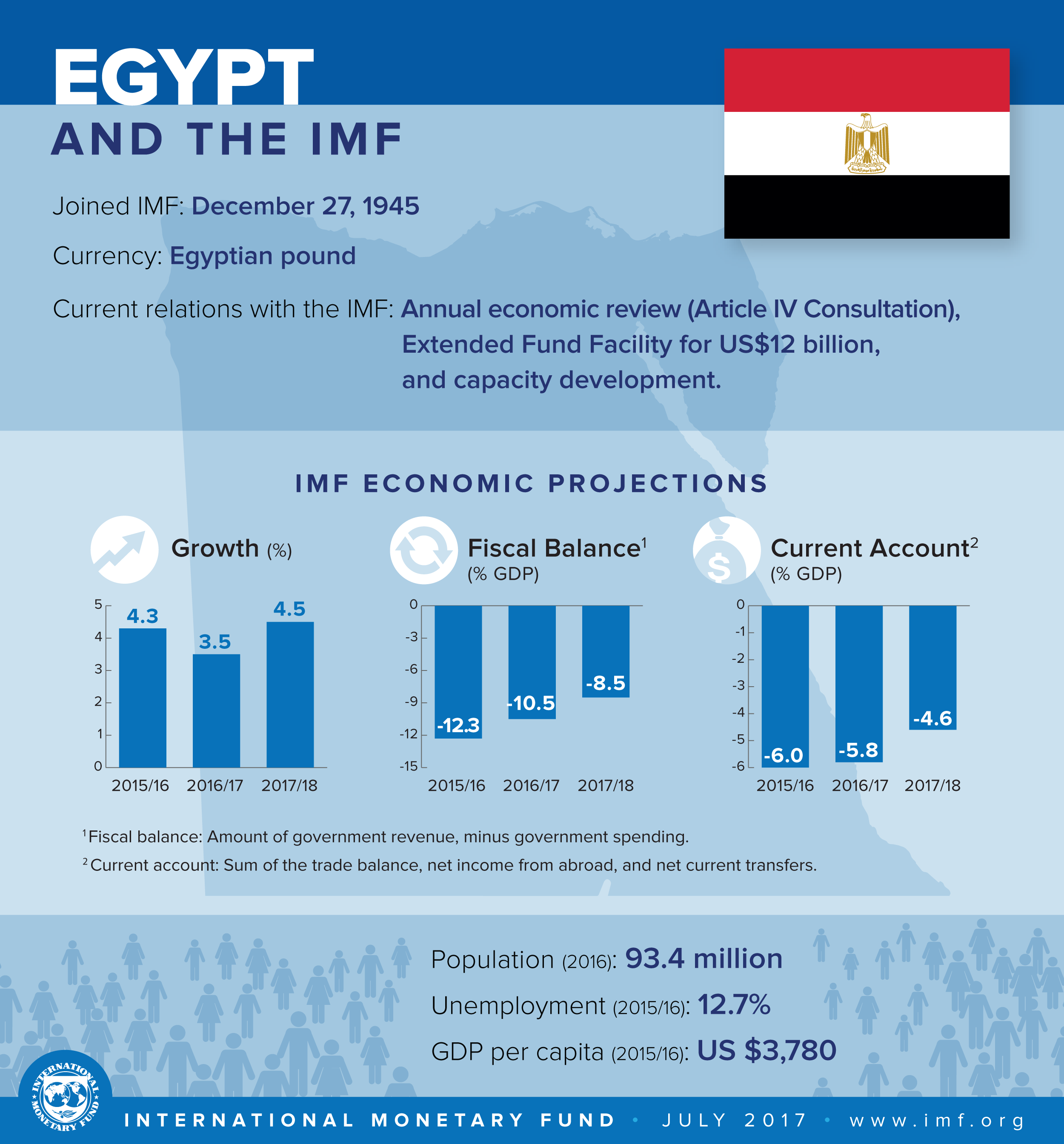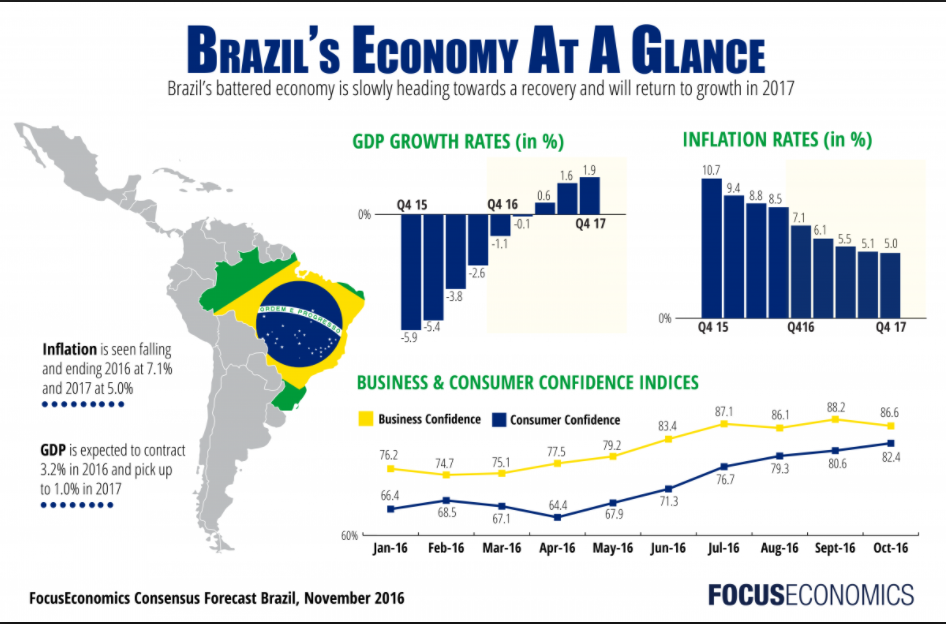Few months ago, a journalist of YoungDiplomat was invited to an important meeting of IBM and Microsoft executives in Cairo with Egyptians Government officials. Parts of these ministers were the ministers of information technology, investment,economy, health, transportation and energy. An Important aspect of this meeting was that virtually all this ministers showed clear marks of interesteds for the tech World. They were clearly convinced and aware that these technologies can increase productivity and create innovations in the Egyptian Economy.
This Kind Of Strategic Thinking is critical not just in Egypt but in all emerging countries , especially the BRICS
Modern technologies can transform businesses, economy, a nation’s critical infrastructure and even society as a whole—it helps the development of the economies of the emerging nations, and provided the citizens hopes for the futures and their children. However in reality there is an important disparity between emerging countries and the developped ones. The developped ones invest approximately 3-4% of their GDPs in technology, and the emerging nations, typically invest 1% or less.
These developping nations have trying hard to developp their own low-cost tech , with more or less sucess. Some developping countries are trying to produce their own kind of computers0—an activity that has now largely moved to Asia. Others emerging nations are looking to set up operations for offshore outsourcing of software programming, call centers, and assistance desks. This is lucrative business opportunity in Egypt because of its abundance of university graduates with computer science that are fluent in English and other languages., but, for many other developping countries, it’s not now an interesting economic-growth strategy.
Clearly an important new kind of oppurnity is appearing . Because there are now a high number of technologies available, including cloud computing, analytics and smart phones, the potential exists for emerging countries all around the globe to developtech economies—societies pushed by technology across the spheres of business, government, education and auto-entrepreneurship. I believe that every country will need a tech economy strategy to strive to sucess and be competitve on a global basis in the 21st century.
This Chance exists because data is emerging as a new natural resource—vital for helping leaders and organizations of all types understand their challenges and opportunities more deeply so they can make better decisions. With advanced tracking and results-oriented tactics, every nation has the potential to mine this resource, but only if they possess the talents with which to do so.
Cloud computing enables entrepreneurs to establish businesses without having to buy expensive computers and data storage equipment. They can also take advantage of cloud-based software development platforms, which provide a wide variety of software components—relieving them of the burden of writing all the software they need. The cloud enables them to experiment, innovate, and grow rapidly.
Mobile devices make it possible for governments and businesses to provide services to people who have been hard to reach. One example: Mobile phones and apps are bringing basic banking services, including the ability to get loans, to individuals and small businesses across Africa.
Egypt’s government and business leaders understand the tech economy imperative. Their long-term strategic goals include transforming Egypt into a digital society, developing an IT industry, and establishing Egypt as a global digital hub. Toward these ends, the government plans on investing more than 16.2€ billion in the development of the country’s IT and communications infrastructure by 2020. A key priority is improving access to high-speed Internet services. The government is working with telecom operators to expand the reach of fiber-optic cables, which will likely result not only in broader access to services but also in declining prices.
Large global technology companies have an important role to play in helping Egypt and other aspiring nations to establish strong tech economies. This requires not only significant investments in modern technologies but improvements in education at all levels—including updating of university computer science curricula so they are relevant for today’s technologies and business challenges.
While many Egyptian government and business leaders are aware of the benefits of cloud computing, the approach has not yet been adopted widely in the country—or in the region. At IBM, we see a tremendous potential for cloud computing in Egypt and across the Middle East and Africa. This approach enables governments and businesses to access some of the most advanced applications and analytics capabilities available in the world. It gives small and medium-size businesses, a mainstay of Egyptian society, access to the technologies that the biggest businesses possess.
Already, IBM is teaming with the Egyptian Information Technology Industry Development Agency to help local software vendors convert their traditional software products to run in the cloud or create new cloud services. These kinds of public-private partnerships will be critical elements of efforts to build tech economies.
So far, 118 companies are participating. One example is EME International Co., a Cairo-based company that has developed a mobile app called M-Connect, which helps companies engage with their employees. Because M-Connect is a cloud service rather than a traditional software product, EME International’s CEO, Nader Iskandar, hopes to quickly market it not just in Egypt but also throughout North Africa and the Middle East.
IBM has been doing business in Egypt since 1954. We have participated in most of the major information infrastructure projects undertaken by the government, including the national identity card system and the social insurance system; and by private industry, including the banking technology infrastructure. Today, we have six facilities in Egypt, including software development and business process outsourcing. Our newest initiative is a digital sales center in Cairo, where IBMers speaking Arabic, English, French and Portuguese interact with clients throughout the region using digital and social platforms. I envision the center becoming a driver of digital innovation across Egypt and the region.
The global technology business is changing rapidly. In the past, tech companies built distribution networks of local wholesalers, retailers and service providers for handling their hardware and software products. They controlled those networks. Today, IBM offers industry expertise, innovation partnerships and cloud services. That means the distribution networks of the past are becoming less important. In their place, we’re fostering business ecosystems made up of IBM, our business partners, our clients, local entrepreneurs, and government agencies. We don’t control the ecosystems; instead, we enable them.
I believe that this new approach will help Egypt and emerging countries around the world to establish strong tech economies, which, in turn will help them achieve sustainable growth, industrial diversification, and economic inclusiveness. We’re on the verge of a major shift globally, and technology has a critical role to play in it.
This Article was written by DeLeo







